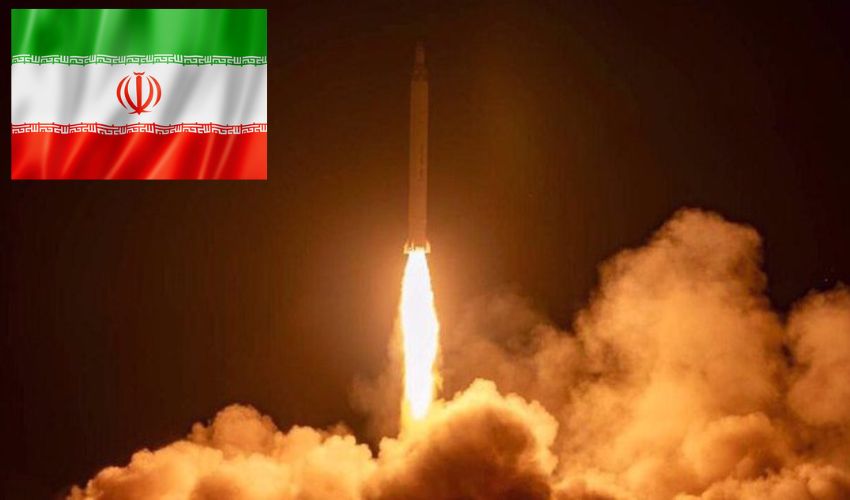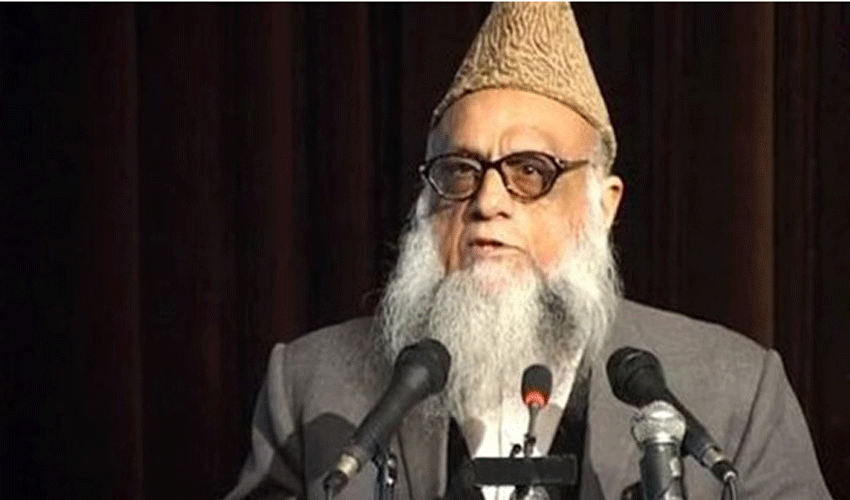Bashar al-Assad, 59, rose to power in 2000 following the death of his father, Hafez al-Assad, who ruled Syria for nearly three decades. Born in Damascus, Bashar initially pursued a medical career, specializing in ophthalmology, before political events redirected his path.
His rise to the presidency was unplanned; his older brother, Bassel al-Assad, had been groomed to succeed their father but died in a car accident in 1994. Bashar returned from London, where he was studying, to assume his father’s legacy.
Assad's presidency has been marked by significant turmoil, especially the 2011 uprising that evolved into a devastating civil war. Initially sparked by demands for democracy, the conflict has since engulfed Syria in widespread violence and destruction. His government has faced international condemnation for alleged human rights abuses, including the use of chemical weapons, repression of Kurdish populations, and enforced disappearances.
As of recent reports, Assad's control and presence in Syria are under scrutiny, raising questions about the country's future amidst ongoing unrest and geopolitical tensions.



























